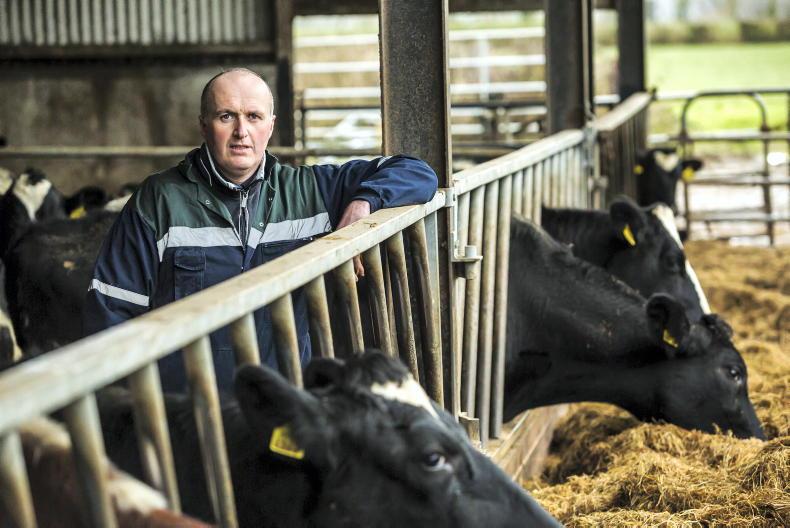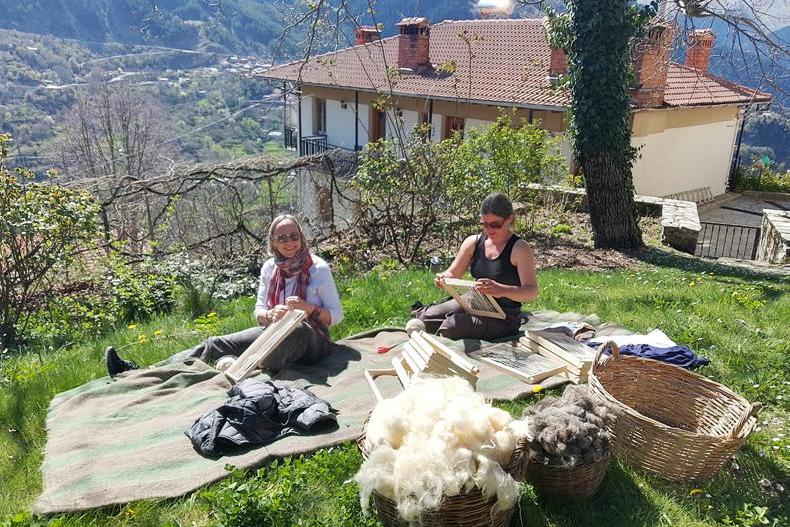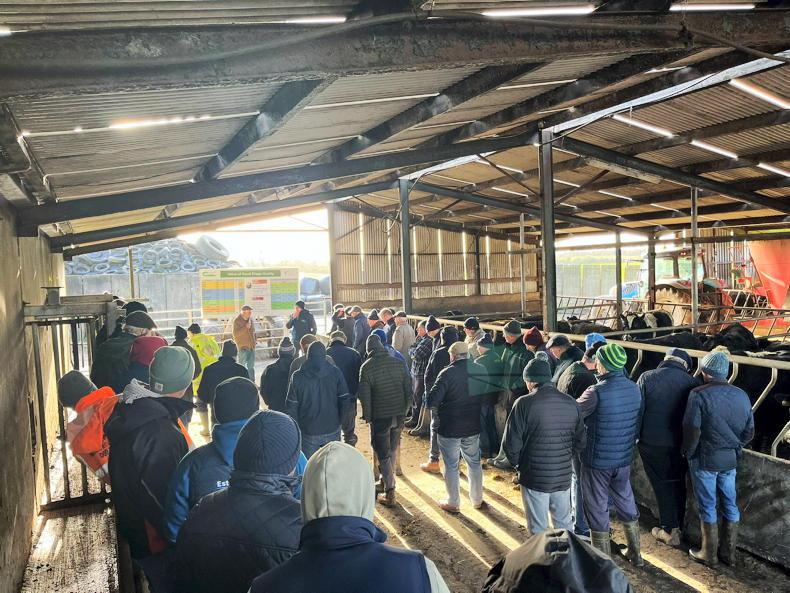The combined effects of the EU’s Farm to Fork and Biodiversity strategies have the potential to reduce greenhouse gas emissions by almost 30%, while improving biodiversity and other environmental metrics, according to the Irish Creamery Milk Suppliers Association (ICMSA).
The farm organisation commented that although the cuts to farming-related emissions would be significant, the improvements will run the risk of being undone by outsourcing the production of EU food to agricultural systems with poor environmental efficiency.
Report
The ICMSA has said that the comments it made are backed up by the findings of a study recently completed by the European Commission’s Joint Research Centre, which assessed the impact of the EU’s environmental plans included in the 2023-2027 CAP.
ICMSA president Pat McCormack stated that by taking an approach that would allow carbon leakage to countries with lax environmental standards, EU consumers and legislators would only be “pretending” to deal with climate change.
“Irish farmers are going to struggle to see the point of us curtailing our production of dairy and beef - in which we certainly are among the most sustainable in the world - only to see that slack picked up and transferred to other producers that are notably behind us already, before we’ve even introduced the latest round of environmental improvements and sustainability measures,” he said.
“This is the hole in the heart of the EU’s Farm to Fork strategy - it only makes sense if we refuse to import foods from producers with lower environmental standards of production than ourselves,” he explained.
Cheap food
McCormack also pointed to the phenomenon of “retailer-led cheap food policies” employed by supermarkets as an area of contention when attempting to solve the challenge of agricultural greenhouse gas emissions.
He also commented that it is family farms that will face the consequences of poor decision-making by EU legislators on these issues, calling for the necessary authorities to conduct environmental assessments on all policies before enacting them.










SHARING OPTIONS